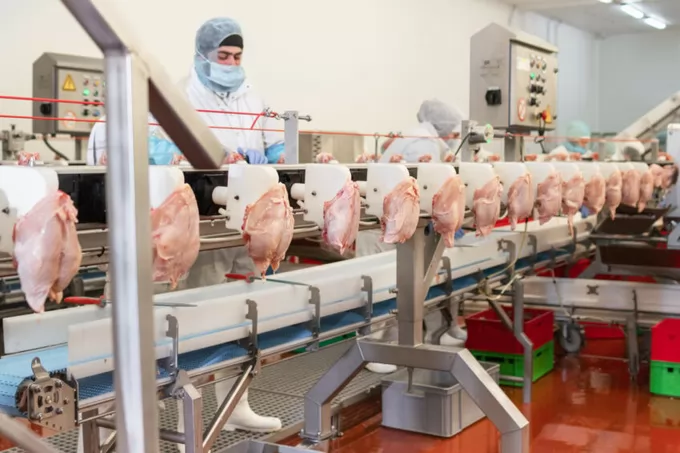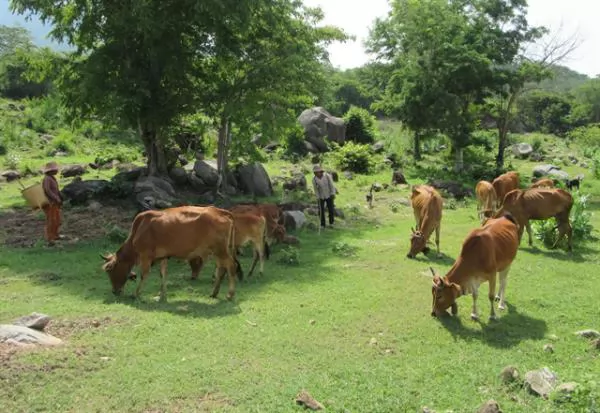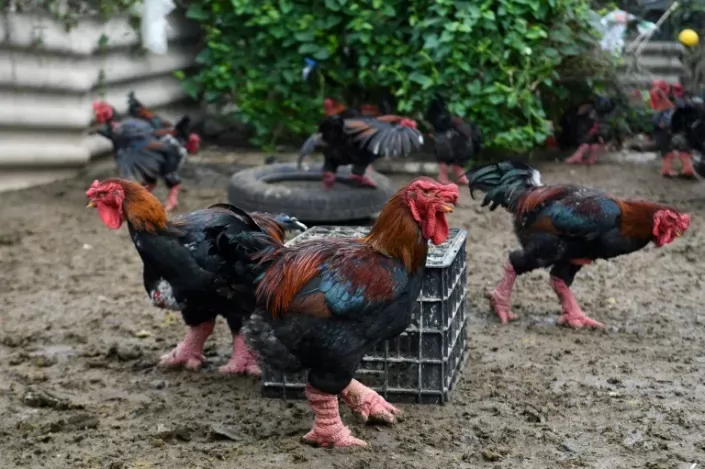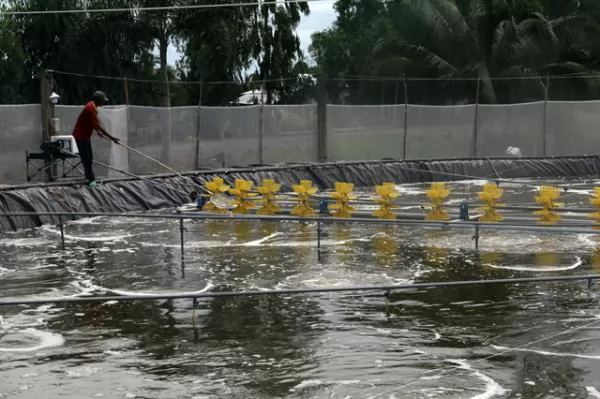US poultry sector prepares for mass deportations

It is reported that without illegal workers, US poultry processing companies will have to raise wages to attract American workers and/or further automate. Photo: Canva.
(VAN) The US poultry processing industry has long relied on illegal workers, but huge adjustments are going to have to be made after President-elect Donald Trump takes power on 20 January 2025.
According to Wired Magazine, “around 23% of workers in the meatpacking industry are undocumented and 42% are foreign-born.”
As noted recently by a city council member in Fremont, Nebraska, named Paul von Behren, “the primary draw [for hiring illegal workers] is the cheap labour they provide. They’re basically less educated and less skilled than the average American worker. We’re primarily a meat processing town, so by and large our businesses like to have them here.”
It is difficult to find Americans to take on processing jobs at present wages due to the physically-taxing and potentially dangerous nature of the work during shifts of 8 hours or more in cold temperatures.
Still, as noted by many new articles, including one in the media outlet Stateline, “if President-elect Donald Trump follows through on his pledge to deport millions of immigrants, it could upend the economies of states where farming and other food-related industries are crucial.”
Labour shortages already widespread
In poultry processing, pig farming, dairy farming and many other ag-related contexts, labour shortages are already common in the US and other countries. Indeed, the shortages in poultry processing are severe. About 58% of these workers quit their jobs within 90 days and another 28% quit between 90 days and 180 days.
Automation firm Meyn reports that “absenteeism and high turnover are estimated to add 4% to processing costs. And at the same time the poultry business is growing rapidly due to increasing worldwide demand for protein and the success of poultry as a protein source.”
Higher costs coming
Without illegal workers, US poultry processing companies will have to raise wages to attract American workers and/or further automate. Many options for automating exist in each part of the handling, slaughter and meat processing operation. There is also the option to rapidly legalise many thousands of sector workers.
Regarding the challenges ahead, Wired Magazine reports that during a recent Tyson Foods earnings call, CEO Donnie King was calm. “There’s a lot that we don’t know at this point,” he stated to shareholders, “but I would remind you that we’ve successfully operated this business for over 90 years, no matter the party in control.”
HD
(PW)
Maybe you are interested

One of country's poorest districts sees 72% rise in per capita income in five years
NINH THUẬN — Poverty-reduction models in Ninh Thuận Province's Bác Ái District have resulted in sustainable poverty reduction, according to the district's People's Committee.

Giant legs of Vietnam\'s \"dragon chicken\" a Lunar New Year delicacy
On a farm close to Hanoi, Le Van Hien picks out the best bird among his flock of "dragon chickens" -- a breed with legs as thick as a brick that can fetch up to $2,000 a head.

Kiên Giang to breed more brackish water shrimp
KIÊN GIANG — The Cửu Long (Mekong) Delta province of Kiên Giang is encouraging farmers and companies to boost brackish water shrimp breeding.





